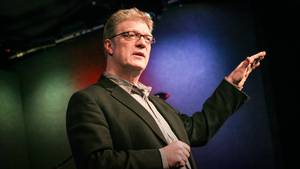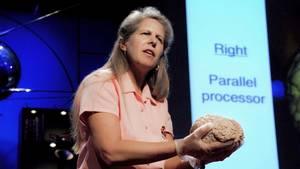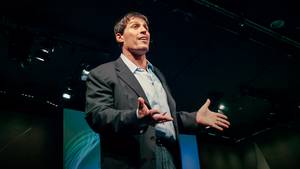TED+
1 TED
2 Coursera 인터넷 강의
3 Harvard, Stanford, Princeton, Yale 인터넷 강의
4 Youtube
학계에서는 인터넷의 자료를 신뢰하지 않습니다. 좋은 자료와 쓰레기가 같이 섞여 있어 구분하기 힘들고, 소문은 신뢰할 수 있는 data가 될 수 없기 때문입니다. 그러나 ted.com에 있는 자료들은 상당히 신뢰도가 높습니다. 그리고 재미있습니다. 유명한 사람들도 많이 등장합니다. 예를 들면, 빌게이츠, 웹을 만든 Tim Berners-Lee, 노벨상 받은 사람들, Google 만든 사람 등, 해당 분야에서 가장 유명한 사람들이 등장합니다.
좋은 교육이 되기 위해서는 좋은 내용으로 공부해야 합니다. TED, 상당히 훌륭합니다. 많은 자료 중에서 특별히 공유할만한 가치가 있는 것들만 소개합니다. 여러분들도 들으면서 입가에 미소가 지어지길 기대합니다.
TED = Technology, Entertainment, Design
영어로 하면, TED stands for Technology, Entertainment, (and) Design.
Ideas Worth Spreading을 slogan으로 한 private nonprofit organization입니다. ted.com에 들어가 보면 2가지에 놀라게 됩니다. 한 가지는 해당분야에서 최고의 명성을 얻은 사람들이 열정적으로 자신의 지식/발견을 전세계의 보통 사람들에게 알리고 있다는 점입니다. 나누면서 행복해합니다. 그리고 또 하나는 다루고 있는 분야가 상당히 넓다는 점입니다. 탈북소녀 이야기도 나오고, AI, 뇌, 음악, 의약 등 참 다양하고 재미도 있습니다.
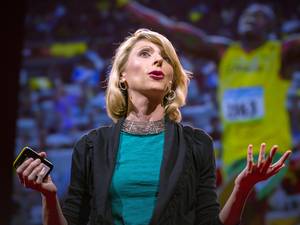
Amy Cuddy
Your body language shapes who you are
Body language affects how others see us, but it may also change how we see ourselves. Social psychologist Amy Cuddy shows how “power posing” — standing in a posture of confidence, even when we don’t feel confident — can affect testosterone and cortisol levels in the brain, and might even have an impact on our chances for success.
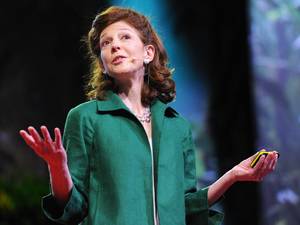
Pamela Meyer
How to spot a liar
On any given day we're lied to from 10 to 200 times, and the clues to detect those lie can be subtle and counter-intuitive. Pamela Meyer, author of Liespotting, shows the manners and "hotspots" used by those trained to recognize deception — and she argues honesty is a value worth preserving.
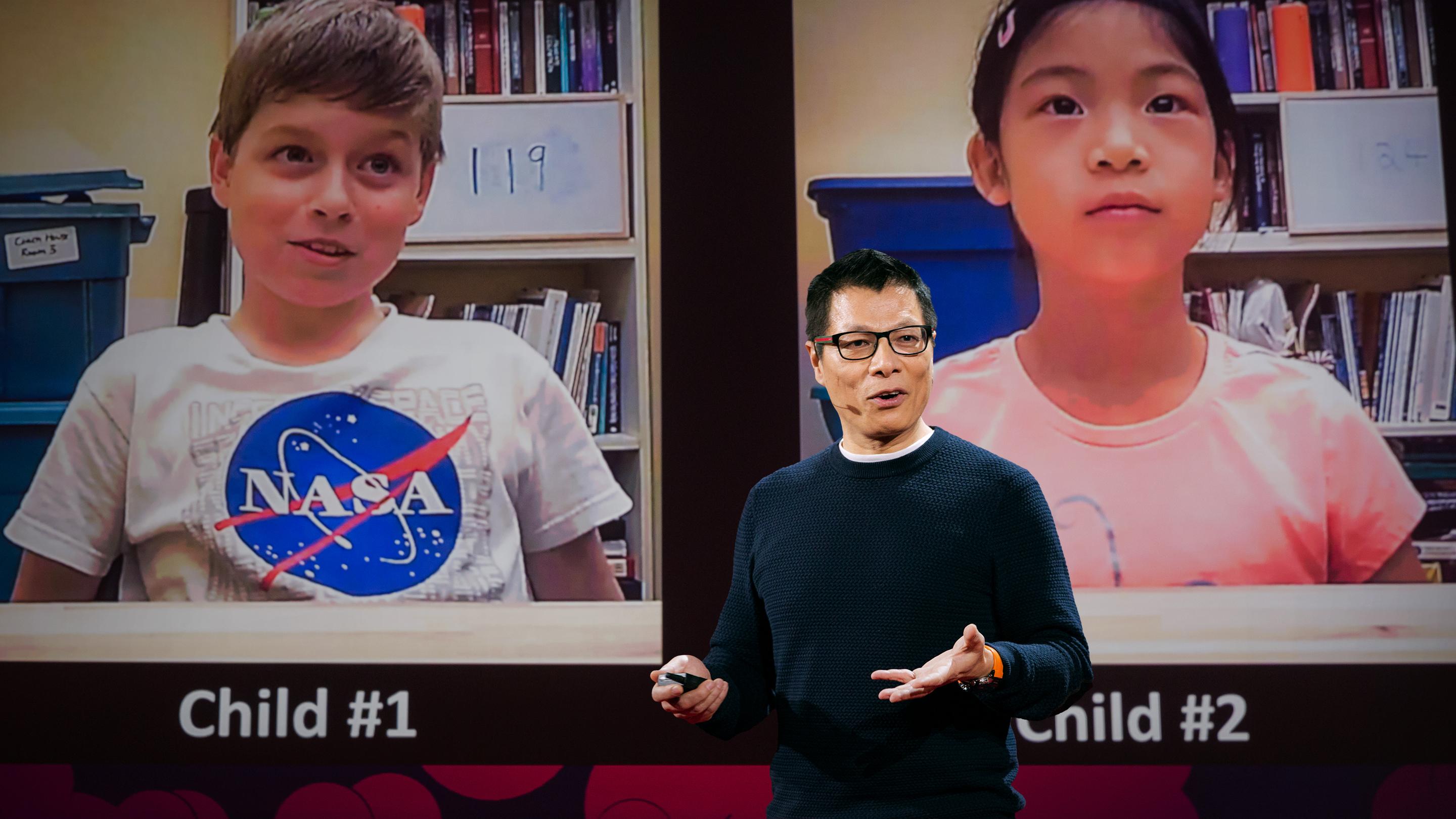
Kang Lee
Can you really tell if a kid is lying?
Are children poor liars? Do you think you can easily detect their lies? Developmental researcher Kang Lee studies what happens physiologically to children when they lie. They do it a lot, starting as young as two years old, and they're actually really good at it. Lee explains why we should celebrate when kids start to lie and presents new lie-detection technology that could someday reveal our hidden emotions.
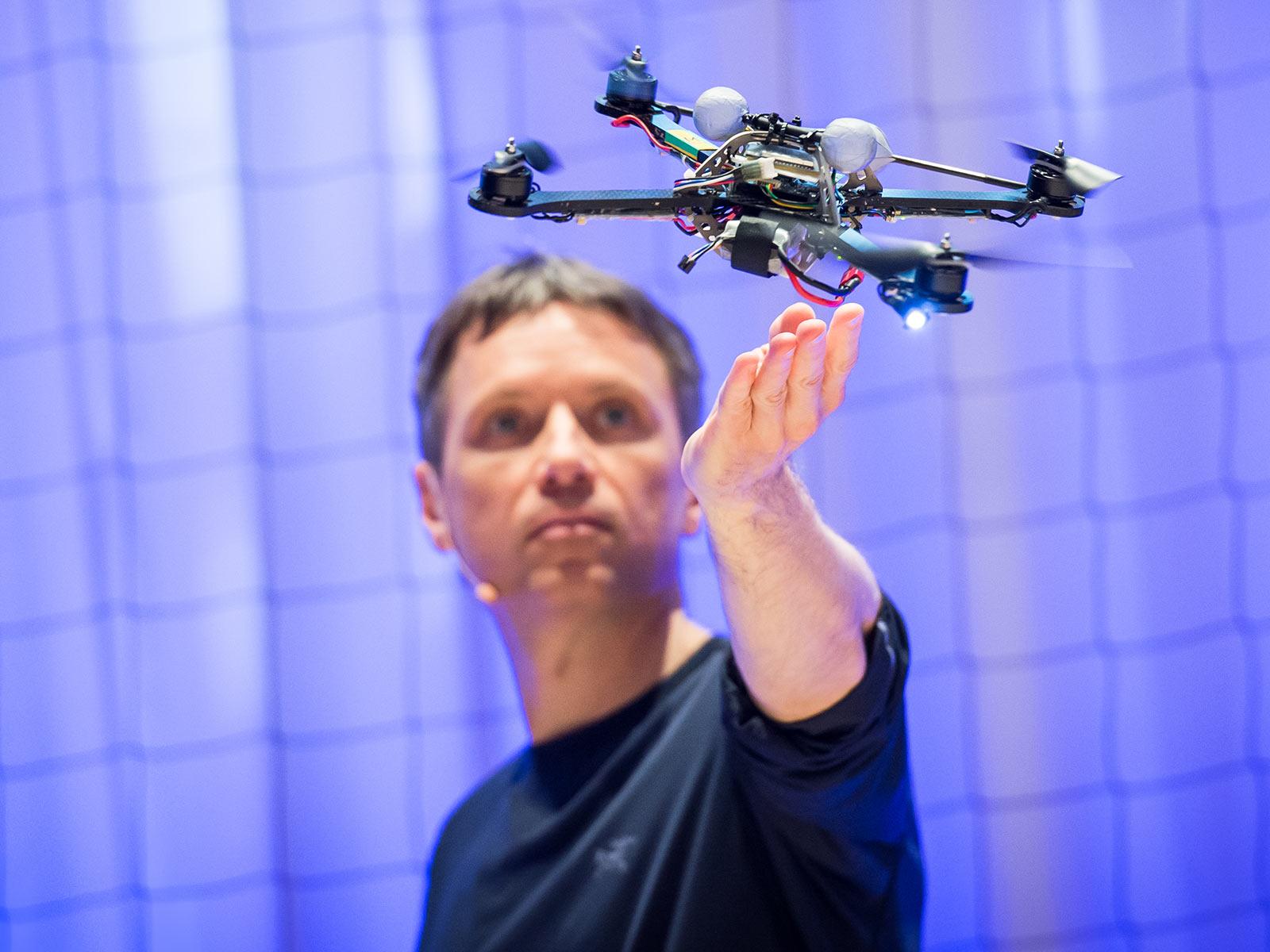
Raffaello D'Andrea
The astounding athletic power of quadcopters
In a robot lab at TEDGlobal, Raffaello D'Andrea demos his flying quadcopters: robots that think like athletes, solving physical problems with algorithms that help them learn. In a series of nifty demos, D'Andrea show drones that play catch, balance and make decisions together -- and watch out for an I-want-this-now demo of Kinect-controlled quads.

